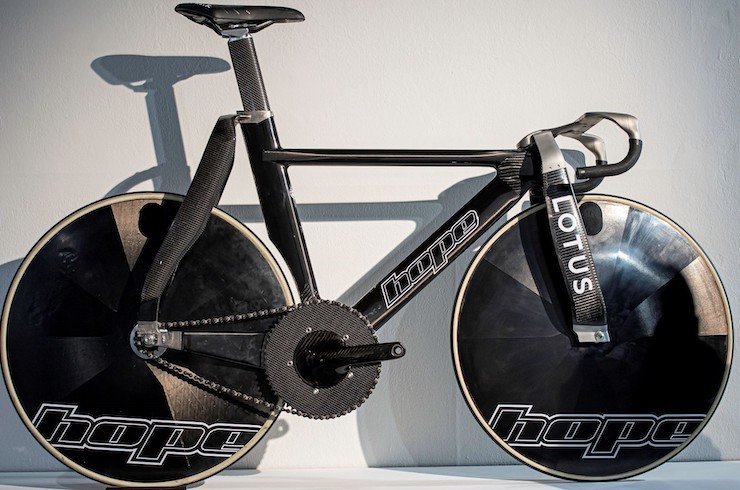La fabricación aditiva se utilizó inicialmente para producir componentes prototipo de plástico y metal para las pruebas aerodinámicas que se llevaron a cabo para garantizar que las piezas fueran livianas, geométricamente correctas y lo suficientemente fuertes como para soportar la tensión durante las carreras. Después de este proceso de prueba de concepto, el sistema de fabricación aditiva de metal RenAM 500Q se utilizó para producir piezas de aluminio y titanio, incluido el manillar, para las bicicletas de competición, y cada ciclista las personalizó.
Riding on the HB.T bikes, GBCT won seven Olympic medals, with Laura Kenny CBE becoming the most successful British female Olympian of all time and Jason Kenny CBE becoming the most successful British Olympian ever. Laura won gold in the Madison event alongside Katie Archibald, as well as silver in the women’s team pursuit, while Jason won gold in the men’s keirin and silver in the men’s team sprint.
Renishaw, who will be providing ongoing support to the GBCT as part of a longer-term partnership, was approached by British Cycling in 2019 to help develop a new track bike. Lotus Engineering and Hope Technology had partnered to design and build the HB.T, with Renishaw being included in the development efforts because of additive manufacturing’s capacity to yield lighter, more complex components that would help improve the bike’s speed.
Additive manufacturing was initially used to produce plastic and metal prototype components for the aerodynamic testing that took place to ensure the parts would be light, geometrically correct and strong enough to endure the strain during races. After this proof of concept process, the RenAM 500Q metal additive manufacturing system was used to produce aluminium and titanium parts, including handlebars, for the competition bikes, with each rider having them customised. The bike was piloted during the opening round of the 2019/2020 Tissot UCI Track Cycling World Cup series in Minsk, Belarus in November 2019, and then went on to help GBCT win seven medals, including three golds.
“The UCI (Union Cycliste Internationale) rules for international competitions around forms and seat stays allowed this innovative bicycle, but this presented a huge challenge to make the bike light enough to be fit for Olympic competition, so optimising strength to weight would be key to success,” commented Ben Collins, a Design/Development Engineer for Renishaw’s Additive Manufacturing Group, who was involved throughout the project. “It was exciting to see Renishaw’s additive manufacturing expertise play a pivotal part in Great Britain’s push for Olympic gold medals at Tokyo. The team won three gold medals, three silver and one bronze, which was a brilliant achievement for the cyclists and a great showcase for the benefits of additive manufacturing.”
“When you do something new and brave you have lots of difficulties to overcome and that is where Renishaw has been fantastic,” added Tony Purnell, Head of Technology for British Cycling. “The Renishaw team has worked with the engineers to do the refinement at break-neck speed. In the past, it would take months to go from the drawing board to a piece that you could try in the test rig or in the velodrome and now we can do it in weeks.”
Fuente: https://www.tctmagazine.com


